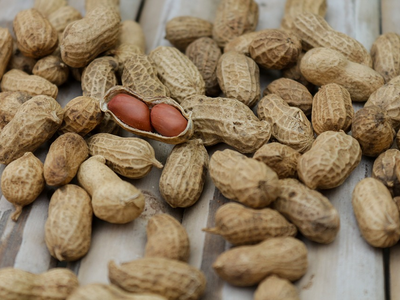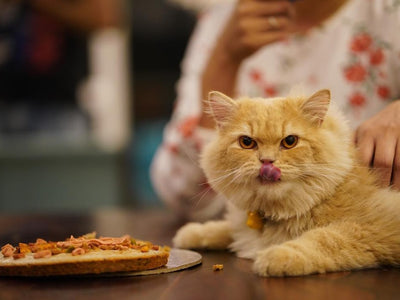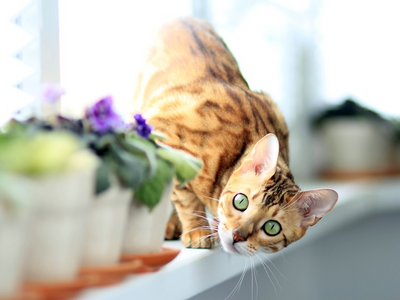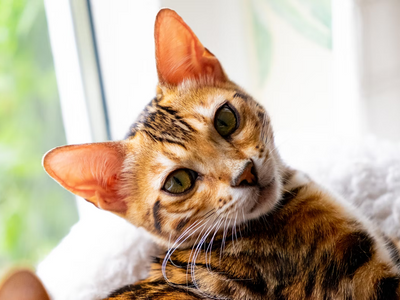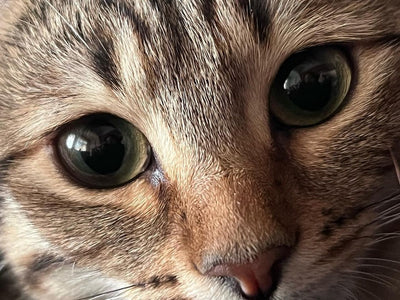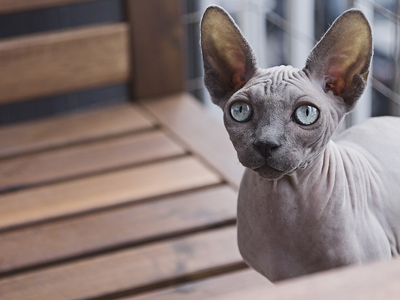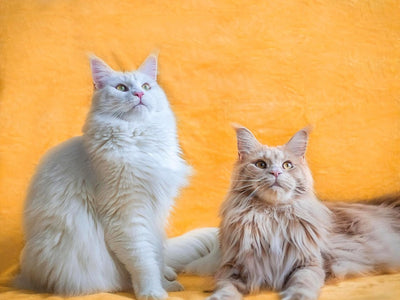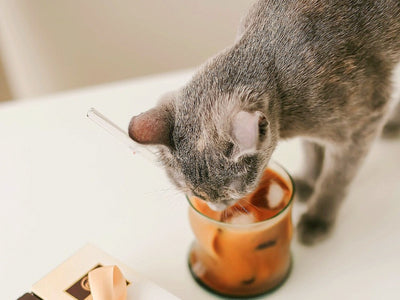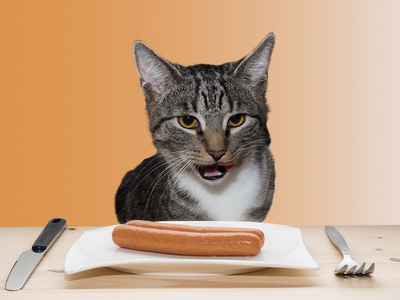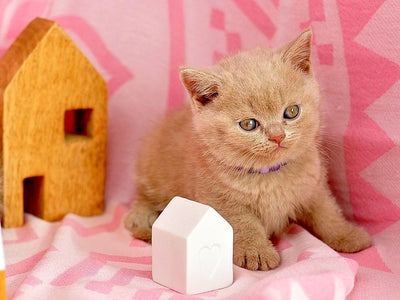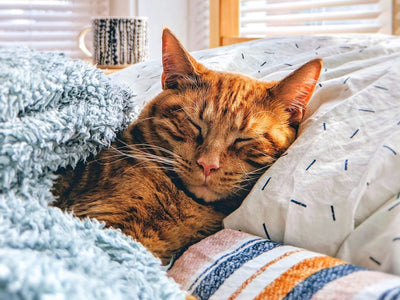18.05.2022
Caring for a Maine Coon 101—all you need to know!
Maine Coons are some of the most family-friendly cats you can have in your life.
With their sociable nature, kitten-like playfulness, and stunning good looks, Maine Coons will keep you entertained and reciprocate tenfold whatever attention you lavish on them.
How difficult are Maine Coons to look after, though? What dietary, exercise, grooming, and health needs are you likely to face as a Maine Coon parent?
In this article, we lift the lid on living with, training, and caring for a Maine Coon—get all the facts you need to know to give your Maine Coon a happy and healthy life!
Maine Coon care basics
Despite their size, Maine Coons don’t necessarily come with outsized care needs.
In truth, they are relatively low-maintenance, but there are some basic points you should be aware of:
- Maine Coons love the outdoors
- Grooming is a must
- Beware of strangers
Maine Coons love the outdoors
Maine Coons are excellent hunters and enjoy nothing more than exploring and playing outside.
Far from being an indoor cat, like the similarly-sized Ragdoll, Maine Coons need the thrill of the hunt in your garden to be truly happy.
There are risks to this tendency, though—you may find that your Maine Coon hunts and catches prey, some of which will be eaten or brought home as a gift. You can expect Maine Coons to regularly hunt and catch:
Most of the time, such eating habits will cause no problems for your Maine Coon, but you should be on the lookout for signs of allergies, food poisoning, or an upset stomach if your feline has been on the hunt and eaten something harmful.

Expect your Maine Coon to be more in the garden than the house when the weather is nice!
Source: Pixabay
Grooming is a must
With their long, luxurious coat, Maine Coons can shed excessively and need careful, regular grooming.
Shedding is a natural process of coat renewal and maintenance that typically reaches its peak:
- In spring, in preparation for the warmer summer temperatures
- In autumn, to renew the coat and get ready for winter
A regular grooming regimen can keep shedding to a minimum, so brushing your Maine Coon every couple of days is recommended.
This will have the additional benefit of reducing the number of hairballs your Maine Coon produces—while they are a natural phenomenon, hairballs are neither pleasant for your feline nor you.
Beware of strangers
You don’t need to worry that your Maine Coon is going to attack visitors to your home, but you may be surprised at how quickly your normally friendly cat can disappear when they arrive.
Although Maine Coons love human company, contact is normally reserved for family members.
Strangers will often cause your Maine Coon to disappear into a safe space until they feel comfortable enough to venture out and say hello.
Maine Coon care and training
Being highly intelligent, Maine Coons are almost as trainable as dogs.
If you invest a bit of time training your Maine Coon, you will be able to enjoy games of:
- Fetch
- Tag
- Hide and seek
- Toy mouse tennis
Many Maine Coon experts advocate starting when your Maine Coon is a kitten and using treats in combination with a clicker.
The first lessons should concentrate on easy tasks—such as sitting or giving a high-five—and feature food rewards whenever your Maine Coon does the right thing.
From there, you can progress to more complicated moves and games—winning should always be rewarded with something tasty!
You should be careful not to overtax your kitten, though. Cats of all ages have a notoriously short attention span, and trying to engage them for more than 15 minutes at a time can cause:
- Anger
- Avoidance
- Stress
Looking after a Maine Coon’s health
Maine Coons are fairly robust cats, not prone to health niggles or allergies. Compared to more sensitive breeds like Sphynx, Ragdoll, Persian, or Bengal cats, they are easy to look after.
The most common health issues Maine Coons face are:
- Hip dysplasia
- Hypertrophic cardiomyopathy
- Weight gain
Hip dysplasia
Hip dysplasia is the malformation of the hip joint during a Maine Coon’s growth phase, resulting in the joint being weak or painful in later life.
The condition is genetic, and most reputable Maine Coon breeders will screen bloodlines to ensure a reduced chance of the malformation occurring.
Careful feeding and weight management can go a long way towards reducing the effects of dysplasia if it is present in your Maine Coon.
Hypertrophic cardiomyopathy
Another genetically linked disease common in Maine Coons is hypertrophic cardiomyopathy.
This condition affects the feline’s heart and can lead to:
- Heart arrhythmia
- Seizures
- Acute paralysis
The symptoms are usually manageable with chronic medication, but you should check a Maine Coon’s heritage before becoming a parent.
Weight gain
Maine Coons are normally highly active and don’t need to watch their weight.
Still, if they are allowed to get used to a more sedentary lifestyle or if their food is not of the highest quality, Maine Coons can easily become a trifle plump.
Being overweight can have serious knock-on health effects, such as:
- Joint issues
- Diabetes
- Heart and respiratory degeneration
Feeding your Maine Coon a healthy, carb- and grain-free diet and ensuring you spend adequate time playing with your kitty can help avoid the dreaded middle-age spread and keep your Maine Coon slim and trim.

“This dog thing is actually pretty cool! Anyone got a stick?”
Source: Pixabay
How to care for a Maine Coon’s nutrition
The most important thing you can do in caring for your Maine Coon is to ensure the nutrition you offer is of the highest quality.
Maine Coons need meat or fish—and lots of it—to keep them healthy. Meat or fish should form the major part of a Maine Coon’s diet as they deliver:
- Animal protein
- Animal fat
Animal protein
Animal proteins deliver amino acids—such as arginine and taurine—that your cat needs to:
- Get energy
- Develop strong muscles
- Maintain a healthy coat
- Keep organs functioning correctly
The best foods for your Maine Coon should be rich in animal protein, featuring as their first ingredient:
Foods that don’t contain animal protein or include any of the following as bulking agents should be avoided:
A high proportion of animal protein in your Maine Coon’s diet will help combat health issues such as:
- Urinary tract infections (UTIs), such as cystitis or bladder stones
- Gastrointestinal disorders, including constipation and irritable bowel syndrome (IBS)
- Hairballs and hair loss
Animal fat
The way to your Maine Coon’s heart is through food rich in animal fat.
As well as providing essential fatty acids and a healthy secondary source of calories, animal fat gives the food taste cats go wild for.
Cheaper commercial cat foods often attempt to enhance the taste of their products by adding flavour enhancers, but animal fat healthily achieves the to-die-for taste.
Even if your Maine Coon isn't a fan of wet food, a moderate animal fat content should be a game-changer.
The bottom line on Maine Coon nutrition
The best food for your Maine Coon should contain:
- A high percentage of meat or fish
- Moderate amounts of fat
- No carbs, artificial additives, flavour enhancers, or colourants
Cat food comes in many forms, including wet, semi-moist, dry, or raw. Whatever type or mixture of foods your cat prefers, the approximate values you should look for are:
|
Nutrient group |
Ideal percentage |
|
Animal protein |
50% or more |
|
Animal fat |
Up to 20% |
|
Carbs |
Less than 3% |
Untamed makes caring for Maine Coon cats easy!
If you’re looking for food that ticks all the nutritional boxes for your Maine Coon, look no further than Untamed!
Caring for your Maine Coon is made so much easier with good food, and Untamed features everything your feline needs for a healthy and fulfilled life, including:
- High levels of meat or fish
- Gentle cooking and production methods
- Vet-designed formulas
High levels of meat or fish
Every tin of Untamed contains twice the amount of animal protein you would normally find in commercial cat food.
With this amount of meat or fish, even the fussiest Maine Coon shouldn’t be able to resist Untamed.
Untamed offers a wide range of tasty recipes enriched with cat jelly or gravy, including:
- Chocka Chicken
- Tuck-in Tuna
- Full-on Fishy
Whichever variety you opt for, you can rest assured that your Maine Coon will devour Untamed with gusto.
Gentle cooking and production methods
Untamed cat food is gently steamed to get rid of harmful bacteria while sealing in the goodness of proteins, fatty acids, vitamins, and minerals.
As healthy as Untamed is, we are also concerned with being an ethical manufacturer, so we are committed to:
- Only sourcing from cruelty-free, sustainable suppliers
- Ensuring our packaging is 100% recyclable
- Operating as a carbon-neutral organisation throughout the supply chain
Want to care for your Maine Coon in the best way possible? Try Untamed and see how your Maine Coon thrives!
Vet-designed formulas
All our recipes have been formulated by vets to ensure your Maine Coon gets the perfect tailor-made nutrition, regardless of whether you have a:
- Kitten growing up
- Adult neutered male with weight issues
- Pregnant or lactating queen requiring vast amounts of energy
- Mature or elderly cat with gum problems, tooth loss, or muscle wastage
Our food is free from all known allergens and can help your Maine Coon stay full of energy and avoid common health issues.

Health and happiness in a box for your Maine Coon!
Image (c) Untamed
Get Untamed and solve your Maine Coon maintenance woes!
Demonstrating your love for your Maine Coon with Untamed is as easy as one, two, three!
All you need to do to get our cat food delivered to your doorstep is:
- Tell us all about your Maine Coon
- Pick the products
- Order your first trial pack
Your trial pack should arrive in no time, and we’ll keep you stocked up so that you can continue to show your love to your pet.
If they could talk, our happy Maine Coons that already enjoy the Untamed cat food subscription would tell you to look out for:
|
Timeline |
The Untamed effect |
|
Within a week |
|
|
After 2 months |
|
|
Within 4 months |
|
|
For life |
|
How to look after a Maine Coon kitten

“What do you mean, I can’t eat that? I’ll fight you for it!”
Source: Pixabay
There is nothing quite as cute and entertaining as a Maine Coon kitten.
In common with their massive fully grown size, Maine Coon kittens’ appetite for play is huge.
Play needs energy, though, so you should expect to have to keep your Maine Coon kitten’s boiler stoked with ample high-quality food from weaning until they reach adulthood.
Maine Coon kittens need between 50 and 70 calories per kilogram of body weight each day, so a typical nutritional guide for your growing feline would be:
|
Weight in kg |
Minimum calories |
Maximum calories |
|
0.5 kg |
24 kcal |
35 kcal |
|
0.9 kg |
48 kcal |
70 kcal |
|
1.4 kg |
72 kcal |
105 kcal |
|
1.8 kg |
96 kcal |
140 kcal |
|
2.3 kg |
120 kcal |
175 kcal |
|
2.7 kg |
144 kcal |
210 kcal |
|
3.2 kg |
168 kcal |
245 kcal |
|
3.6 kg |
192 kcal |
280 kcal |
While this is a rough guide, Maine Coon kittens tend to grow in spurts, needing more nutrition in one week than in others. The growth spurts are generally unpredictable, so the rule of thumb is to feed Maine Coon kittens whenever they tell you they’re hungry.
You should be on constant alert for food allergies, tummy upsets or diarrhoea, which can have serious consequences for your kitten’s long-term health. Although your kitten will almost inevitably suffer the occasional bout of nausea, vomiting, or gastrointestinal problems, any case that lasts more than 24 hours is worthy of a visit to the vet.

![Associated image for What human food can Sphynx cats eat? [Comprehensive list]](http://untamed.com/cdn/shop/articles/what_human_food_can_sphynx_cats_eat_Featured_400x300_crop_center.jpg?v=1648705074)
